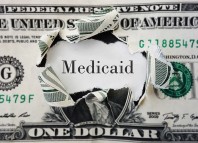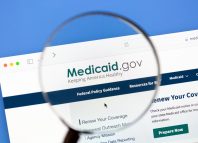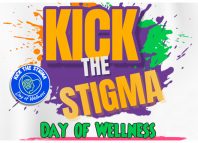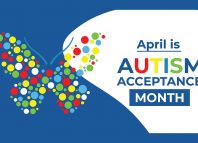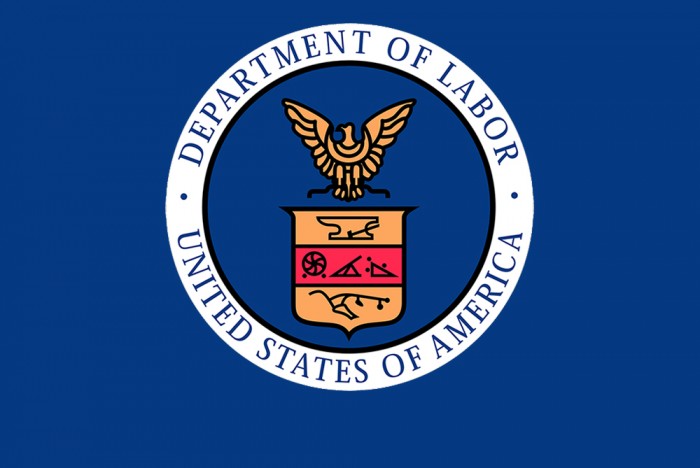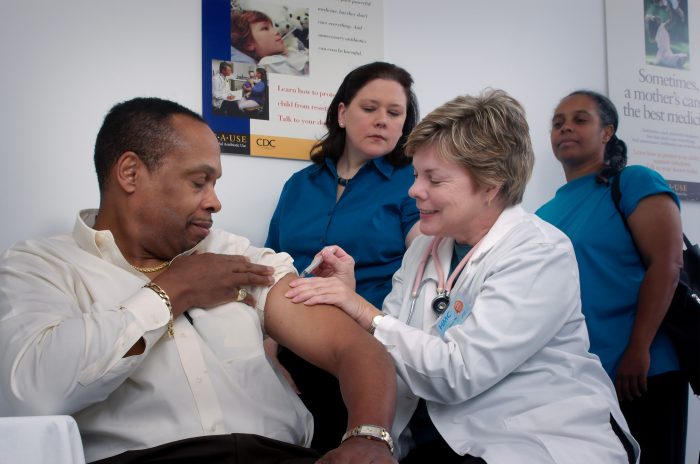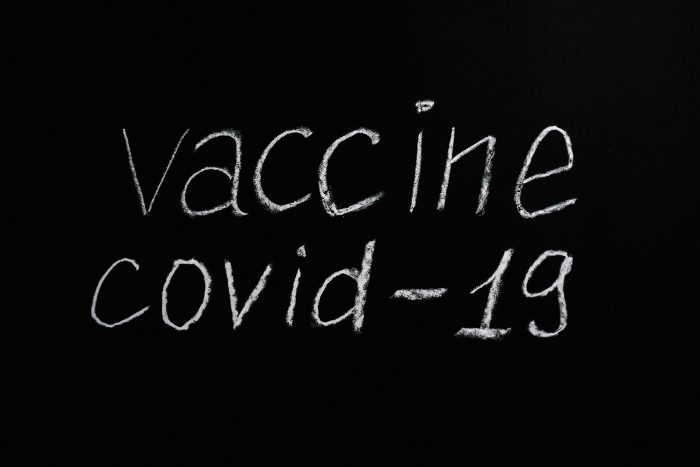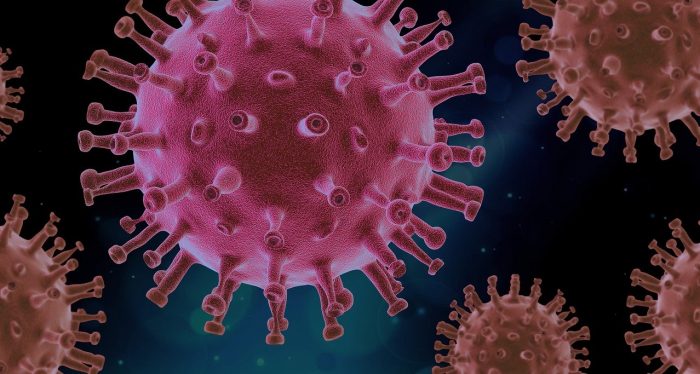OSHA National News Release
US Department of Labor
January 29, 2021
New OSHA guidance seeks to mitigate, prevent viral spread in the workplace.
Washington, DC – The US Department of Labor announced today that its Occupational Safety and Health Administration (OSHA) has issued stronger worker safety guidance to help employers and workers implement a coronavirus prevention program and better identify risks that could lead to exposure and contraction. Last week, President Biden directed OSHA to release clear guidance for employers to help keep workers safe from COVID-19 exposure.
“Protecting Workers: Guidance on Mitigating and Preventing the Spread of COVID-19 in the Workplace” provides updated guidance and recommendations and outlines existing safety and health standards. OSHA is providing the recommendations to assist employers in providing a safe and healthful workplace.
“More than 400,000 Americans have died from COVID-19, and millions of people are out of work as a result of this crisis. Employers and workers can help our nation fight and overcome this deadly pandemic by committing themselves to making their workplaces as safe as possible,” said Senior Counselor to the Secretary of Labor M. Patricia Smith. “The recommendations in OSHA’s updated guidance will help us defeat the virus, strengthen our economy, and bring an end to the staggering human and economic toll that the coronavirus has taken on our nation.”
Implementing a coronavirus prevention program is the most effective way to reduce the spread of the virus. The guidance announced today recommends several essential elements in a prevention program:
- Conduct a hazard assessment;
- Identify control measures to limit the spread of the virus;
- Adopt policies for employee absences that don’t punish workers as a way to encourage potentially infected workers to remain home;
- Ensure that coronavirus policies and procedures are communicated to both English and non-English speaking workers; and
- Implement protections from retaliation for workers who raise coronavirus-related concerns.
“OSHA is updating its guidance to reduce the risk of transmission of the coronavirus and improve worker protections so businesses can operate safely and employees can stay safe and working,” said Principal Deputy Assistant Secretary for Occupational Safety and Health Jim Frederick.
The guidance details key measures for limiting coronavirus’s spread, including ensuring that infected or potentially infected people are not in the workplace, implementing and following physical distancing protocols, and using surgical masks or cloth face coverings. It also provides guidance on the use of personal protective equipment, improving ventilation, good hygiene, and routine cleaning.
OSHA will update today’s guidance as developments in science, best practices, and standards warrant.
This guidance is not a standard or regulation, and it creates no new legal obligations. It contains recommendations as well as descriptions of existing mandatory safety and health standards. The recommendations are advisory in nature, informational in content, and are intended to assist employers in recognizing and abating hazards likely to cause death or serious physical harm as part of their obligation to provide a safe and healthful workplace.
Under the Occupational Safety and Health Act of 1970, employers are responsible for providing safe and healthful workplaces for their employees. OSHA’s role is to help ensure these conditions for America’s working men and women by setting and enforcing standards and providing training, education, and assistance. Learn more about OSHA here.
# # #
Media Contacts:
Jesse Lawder, 202-693-2840
Denisha Braxton, 202-693-5061
Release Number: 21-143-NAT
US Department of Labor news materials are accessible here. The department’s Reasonable Accommodation Resource Center converts departmental information and documents into alternative formats, which include Braille and large print. For alternative format requests, please contact the department at (202)-693-7828 (voice) or (800)-877-8339 (federal relay).



